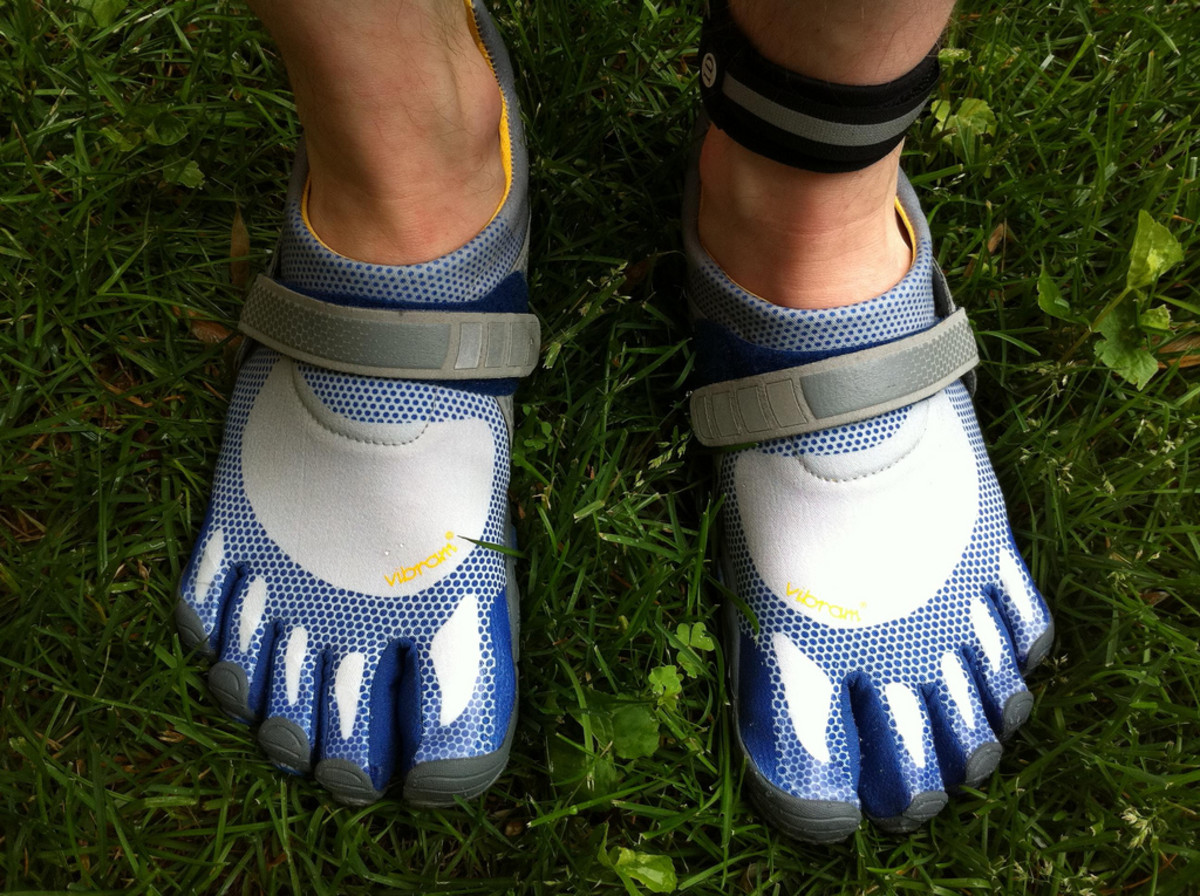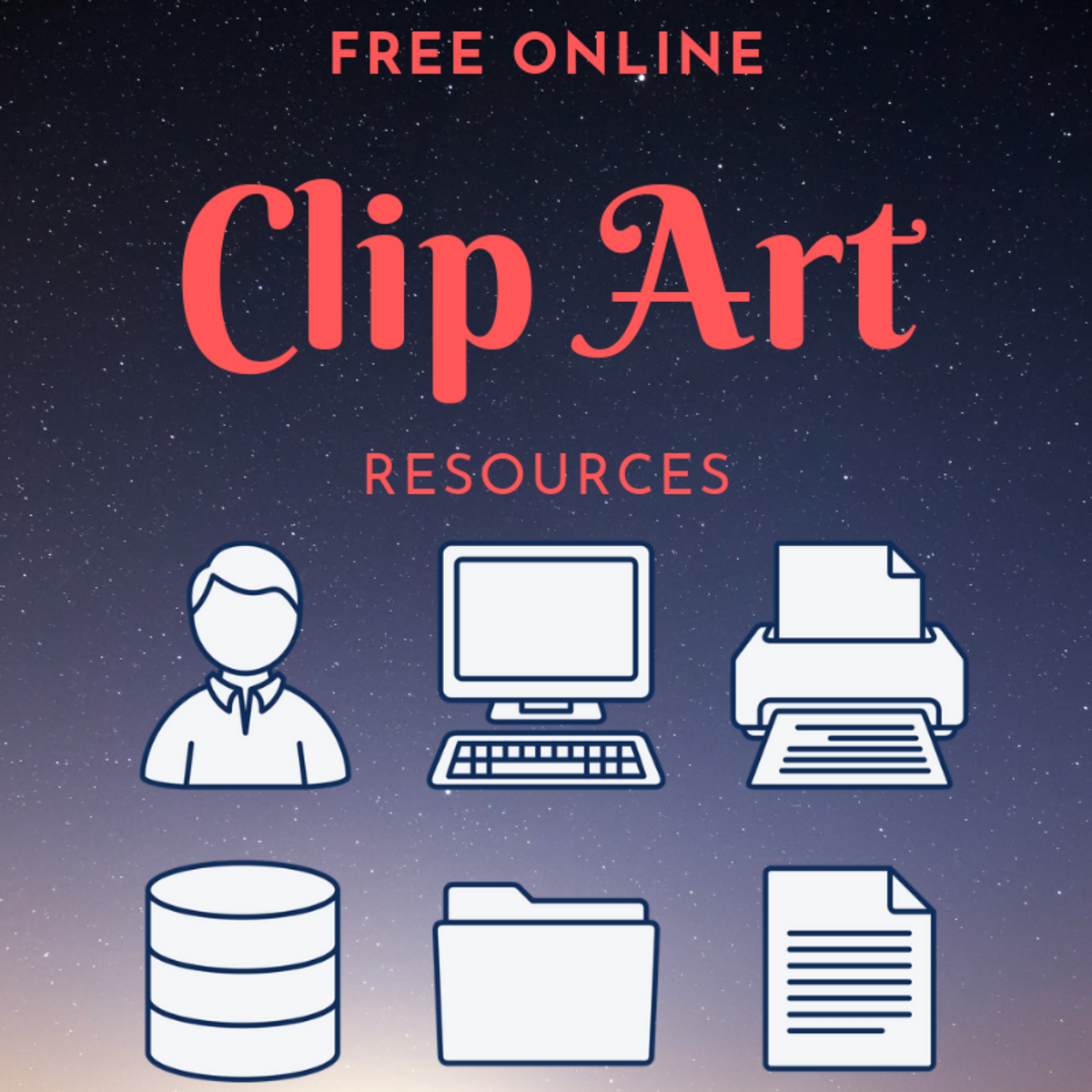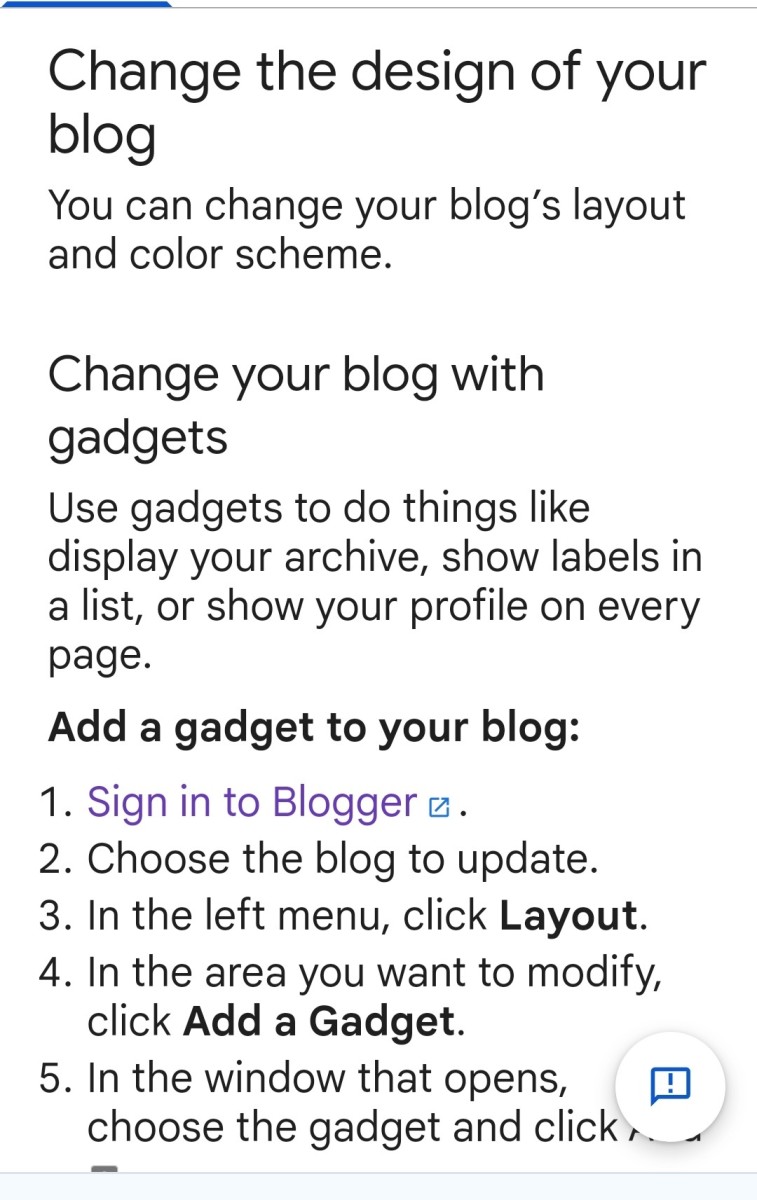Keyword Optimization: What Is It & How It Helps You Make Money Online
Keyword Optimization Explained
Knowing what keyword optimization is can help you make a lot of money online – fast. This is especially true if you want to make your living completely online, but don’t have the money to invest in pay per click marketing, for example.
This article will explain exactly what keyword optimization is and how it can open the door for you to make money online – without spending a dime!
Before explaining what keyword optimization is, let’s back up and define what a keyword is.
What is a Keyword?
A keyword is a word or phraseused to search for information on something. A keyword doesn't have to be a single word; it can be a phrase. When it’s more than one word, the proper name for it is “keyword phrase.” However, most simply use the term “keyword” to refer to single words and phrases.
Example of a Keyword
Some keywords will come directly from the subject matter you’re searching for (eg, Nike running shoes). Others will be synonyms for it (eg, exercise shoes).
In the example just above, “nike running shoes” and “exercise shoes” are the keyword phrases. If you were looking for “running shoes” online, these are two keyword phrases you might type in to start your search.
Now that you know what keywords are, let’s explain what keyword optimization is.
What Is Keyword Optimization?
Keyword optimization is simply the process of selecting keywords to describe something. The whole point of selecting keywords is to drive traffic to a web page to get web surfers to make a purchase.
Search engines use keywords to return results when web surfers type in a phrase. So even if you have the best widget around, if you don’t use the right keywords, search engines won’t be able to return your site in results because they don’t know what you’re selling. Keywords do this; they tell search engines what your site is all about.
And, this is why selecting the right keywords is critical to making money online. Take the example above. If you owned an exercise equipment store and sold your products online, you would want as many web surfers as possible to buy from your online store.
But, how do they know you exist? How can you get them to buy something from you when there are a gazillion other online stores selling exercise equipment as well?
Why Most People Never Make Money Online
The answer is keyword optimization. And, I would argue that this is why most people never really make money online. They don’t understand how to market their goods and services effectively on the internet. The stick up a website and expect people to come and start buying. It’s not that simple.
You have to announce your presence on the web and make it easy for web surfers to find you. You do this by keyword optimization.
There are three components to keyword optimization success:
(I) Keyword Research: This is the first step in keyword optimization. You must research which keywords you are going to use in your content. Keyword research consists of finding which keywords web surfers are likely to type in to find your product/service.
Google’s Keyword AdWord Tool is great for this. This tool will allow you to see which keywords are popular and suggest synonyms that you can use as well.
You can also use it to find keywords based on your site’s content; identify negative keywords; create separate ad groups; specify a language and/or location – and so much more.
If you’ve never used it before, play around with it. It’s a cool tool that you should definitely get familiar with if you are serious about making money online.
(II) Keyword-Rich Content: Once you know which keywords to use, you need to create keyword-rich content. This can be anything from simple articles that describe your product or service, to product/service descriptions.
Let’s use our exercise store as an example. If you want to sell more women’s running shoes. You would go to Google’s Keyword AdWord Tool and type in the phrase “womens running shoes.” Some keyword phrases with good traffic that pop up are:
womens trail running shoes
womens saucony running shoes; and
new balance womens running shoes
So you would be sure to use these phrases in the content on your site --- and in the marketing materials you use to promote your site online.
(III) Site Promotion: Many online marketers don’t know anything about keyword optimization, so they fail to do the above two steps. And, even those that do know about it oftentimes fail to do this step – site promotion. But, it is as necessary as keyword research and creating keyword –rich content.
Did you know that online experts estimate that as many as 100,000 new websites go live on the web every day? And, many say that 100,000 is a low estimate; it’s many more than this.
So site promotion should never stop. It’s critical to making money online. How do you promote a site online – for free – using keyword optimization?
Free Ways to Promote Your Site Online to Make Money
You could write articles with high-traffic keywords and submit them to free article directories (eg, EzineArticles.com; Amazines.com);
You could write press releases with high-traffic keywords and submit them to free press release sites (eg, PRLog.com);
You could create separate pages on your website/blog with high-traffic keywords;
You could create a newsletter with high-traffic keywords and give it away to site visitors;
You can create an online informational booklet about your products with high-traffic keywords to give away to new and existing clients;
Etc.
Note that all of these methods are free – all they cost you is time.
If you do this over time, you site would start showing up high in search engine results so that when someone is searching for the type of product/service you sell, they will see and click on your store – and make a purchase (which is the name of the game).
Keyword Optimization Tip
Try to use two and three-word phrases. Why? Because competition can be fierce for one-word keyword phrases. This makes it very difficult to rank high in search engines.
Furthermore, longer keyword phrases (also called long-tail keywords) tend to convert better than one-word phrases. This is because when web surfers are really serious about purchasing, they tend to get really specific.
So a phrasee like “cheap Nike running shoes” will convert better than “cheap running shoes.” The logic being, the person shopping for a particular brand of shoe has narrowed down what they want; now it’s just a matter of finding the right price.
Get it?
Good! You’re a smart cookie.
Learn more about keyword optimization and search engine optimization marketing.








